6 GPTs for Jewish Education Powered by AI for Free of 2026
AI GPTs for Jewish Education are advanced tools utilizing Generative Pre-trained Transformers technology, tailored for enhancing learning and engagement within the Jewish educational context. These AI-driven platforms are designed to understand, interpret, and generate content related to Jewish studies, traditions, languages, and texts. They serve as dynamic resources for educators, students, and enthusiasts, offering personalized learning experiences and insights into Jewish heritage and contemporary Jewish issues. The integration of GPTs in Jewish education signifies a modern approach to traditional teachings, ensuring the transmission of knowledge is both accessible and engaging in the digital age.
Top 6 GPTs for Jewish Education are: Mitzvot Torah,Rabbi GPT,בוט הרב רביד נגר,Digital Rabbi,Parsha Scholar,TorahGPT
Mitzvot Torah
Explore Jewish teachings with AI
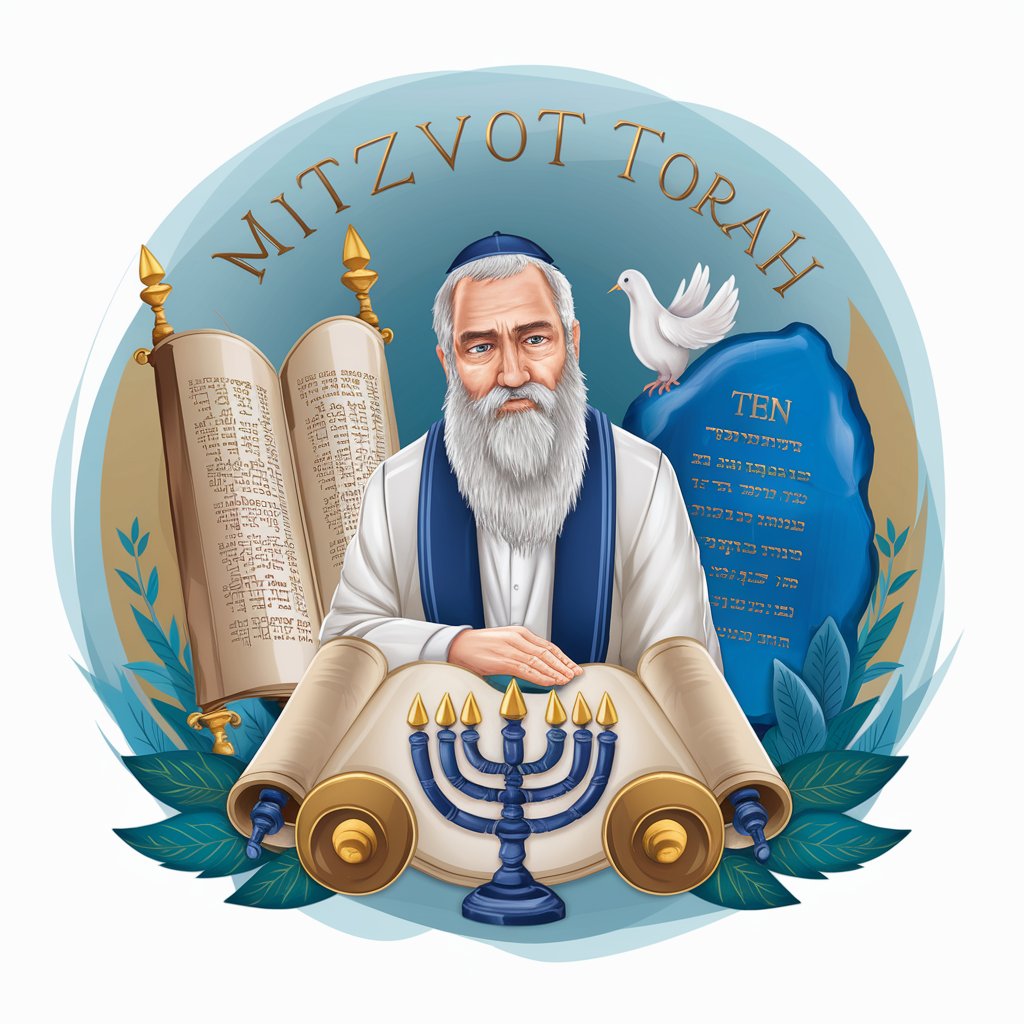
Rabbi GPT
AI-powered Halachic Insights
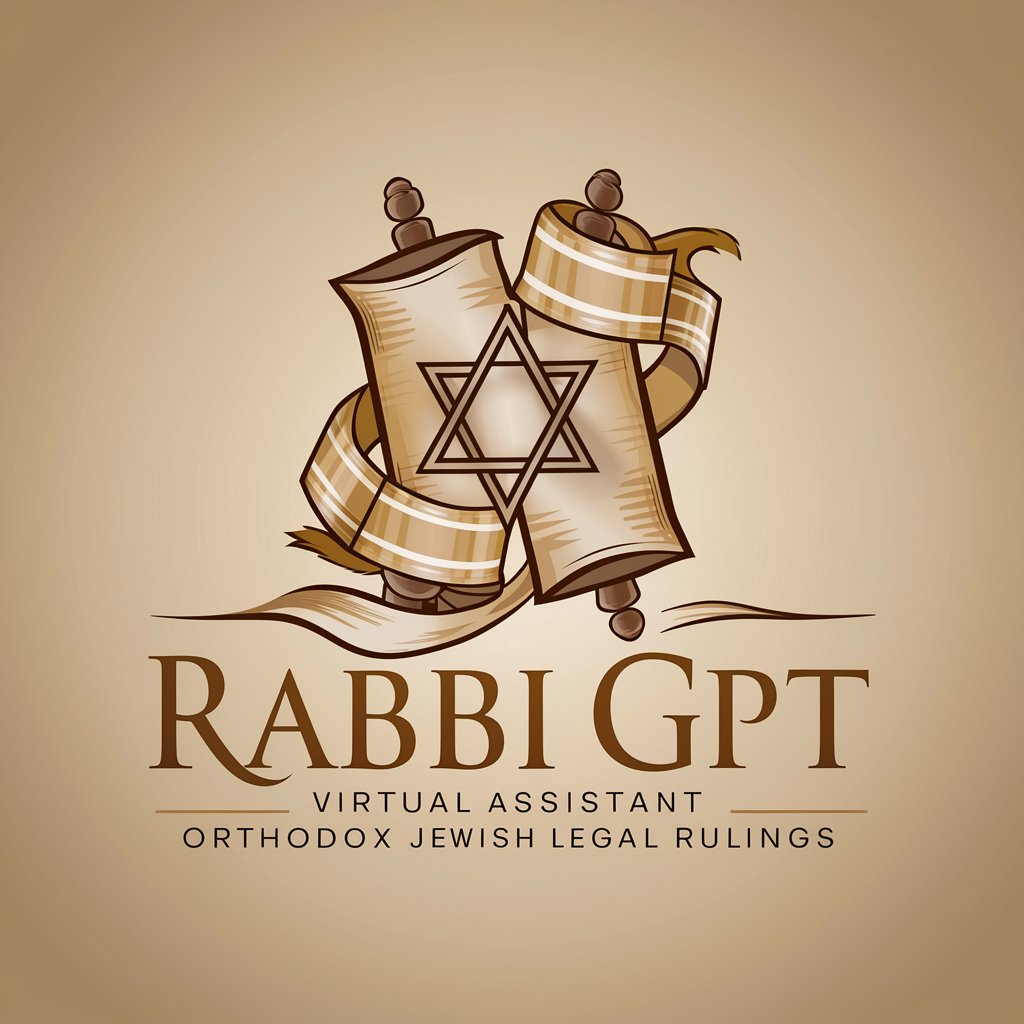
בוט הרב רביד נגר
AI-Powered Jewish Wisdom at Your Fingertips
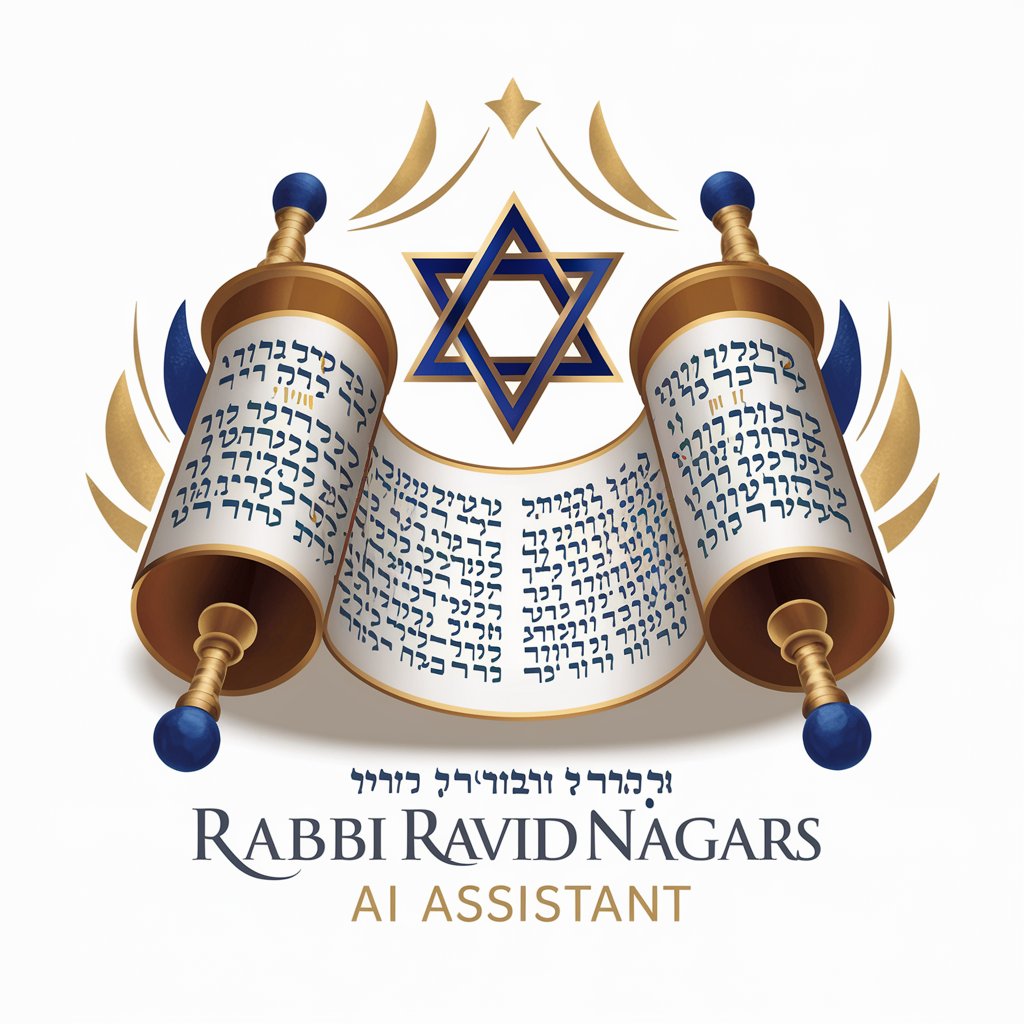
Digital Rabbi
Illuminating Jewish wisdom with AI.
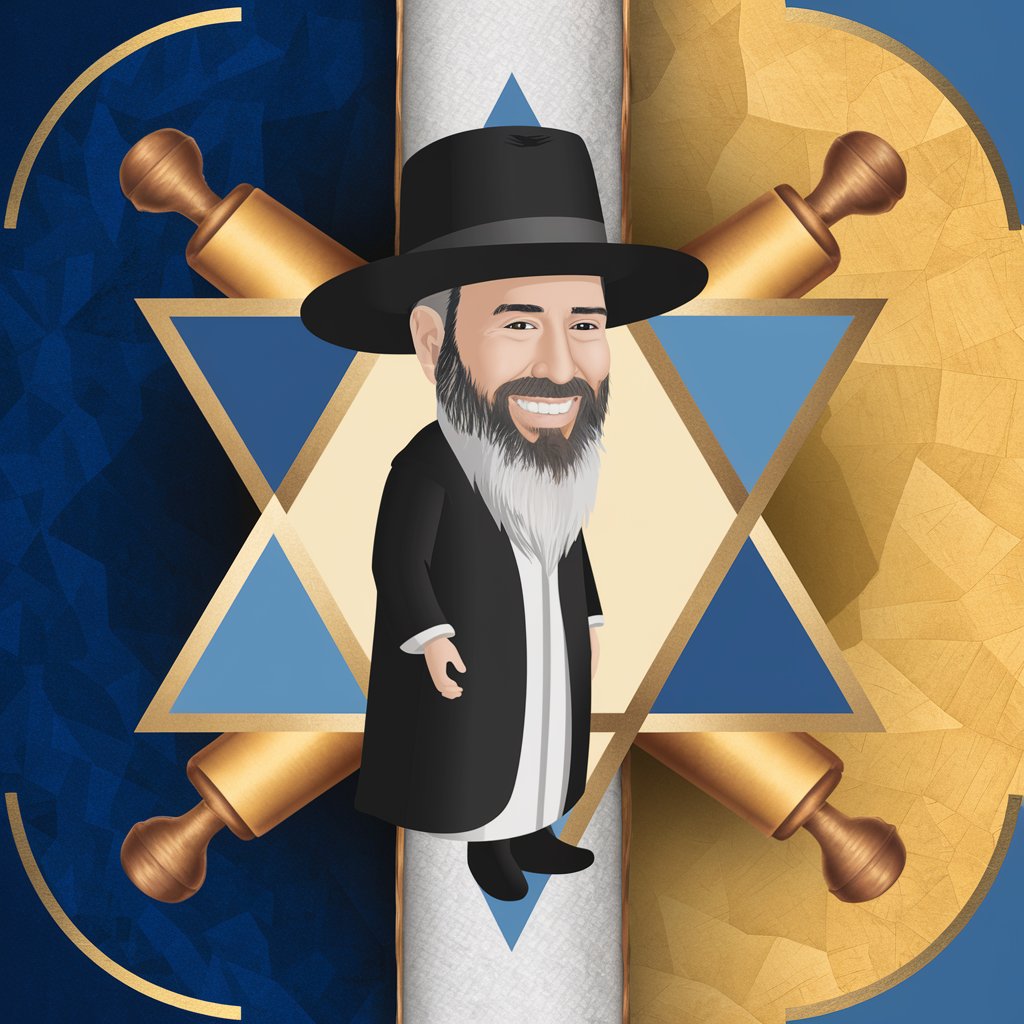
Parsha Scholar
Revolutionizing Torah Study with AI
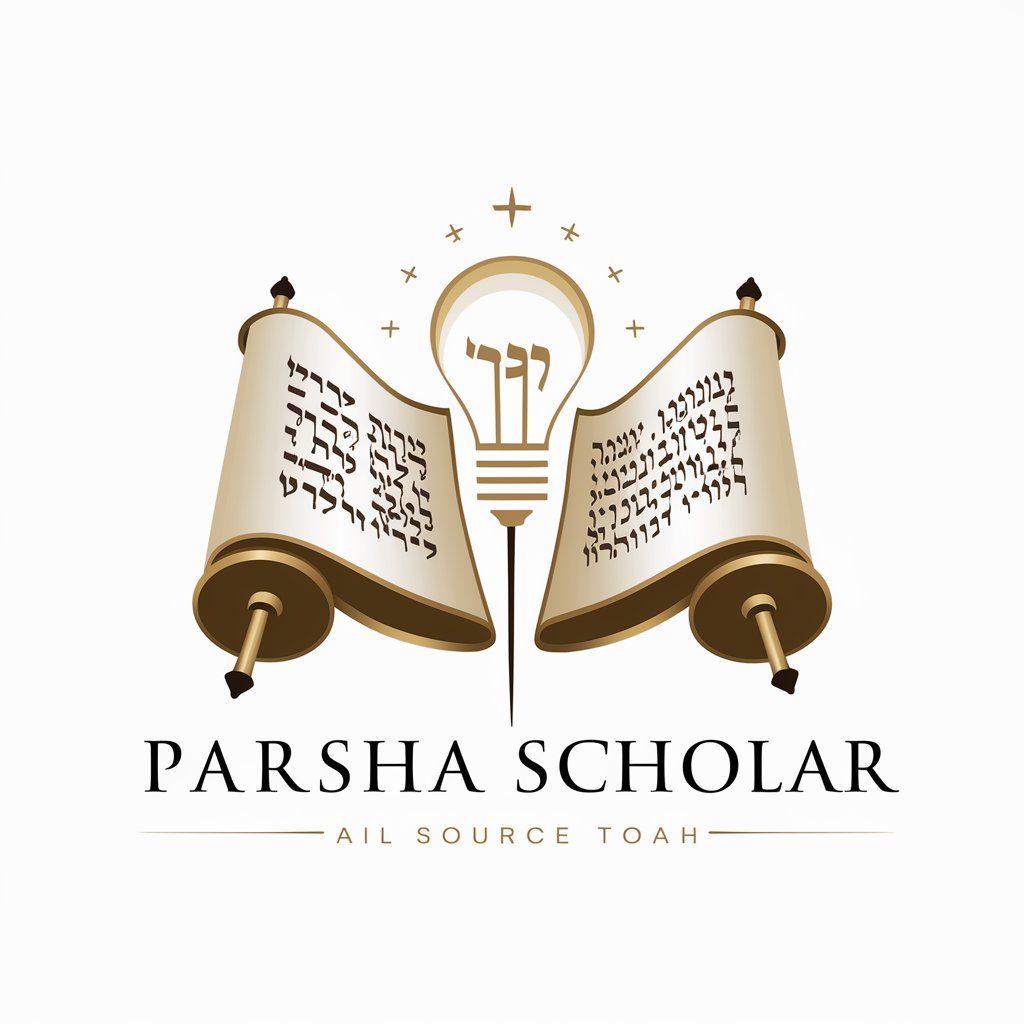
TorahGPT
Empowering Jewish learning with AI.
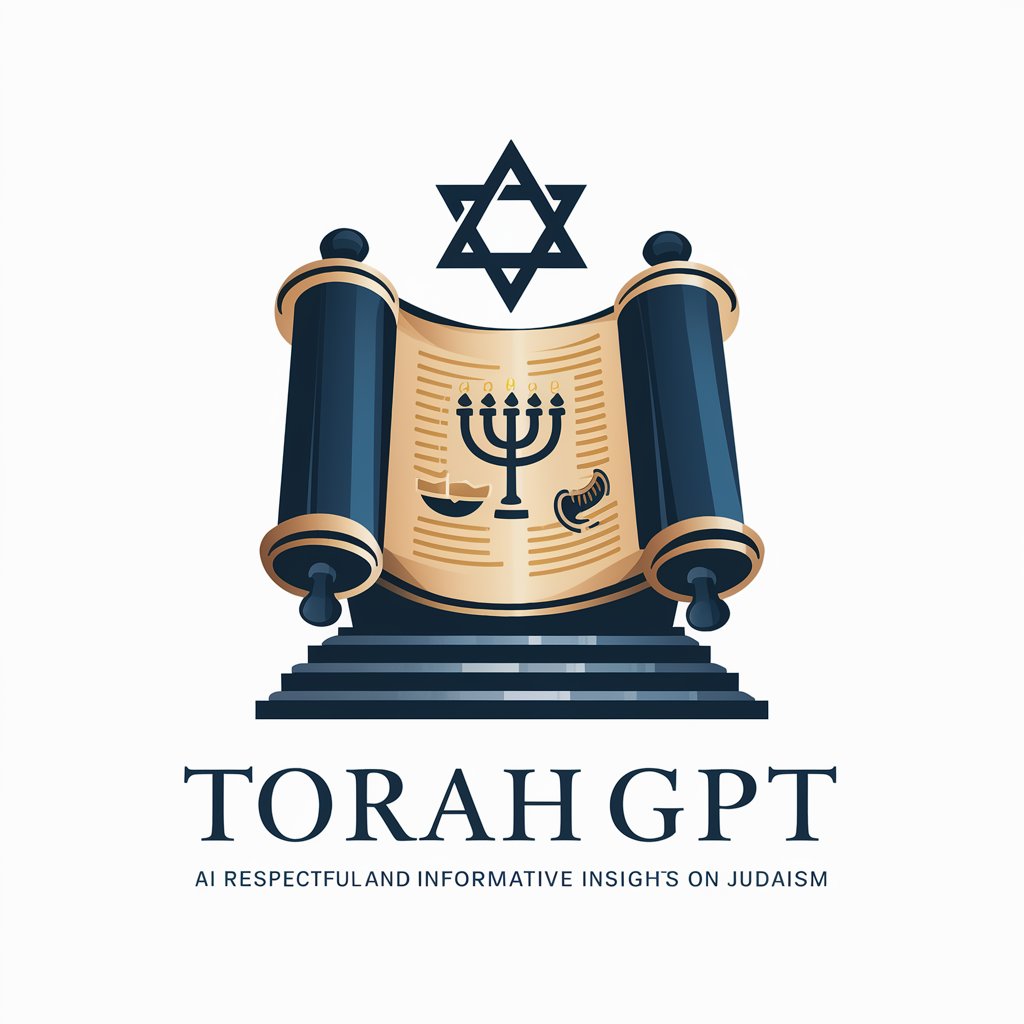
Essential Characteristics and Functions of Jewish Education AI
AI GPTs tools for Jewish Education stand out due to their adaptability and comprehensive capabilities. Key features include natural language processing for understanding and generating responses in Hebrew and Yiddish, interactive learning modules tailored to various Jewish studies topics, and the ability to analyze and interpret complex religious texts. These tools also support technical functions like web searching for scholarly articles, image creation for educational materials, and data analysis for research purposes. Their versatility enables them to cater to a wide range of educational needs, from basic language learning to in-depth Talmudic analysis.
Who Benefits from Jewish Education AI Tools
The primary beneficiaries of AI GPTs for Jewish Education include educators seeking innovative teaching tools, students at all levels of Jewish studies, and professionals requiring in-depth research capabilities. These tools are accessible to individuals with no programming background, thanks to user-friendly interfaces, while offering advanced customization options for developers and technologists within the Jewish educational sector. This dual accessibility ensures that a broad audience can leverage these tools to enhance their learning and teaching experiences.
Try Our other AI GPTs tools for Free
Safe Use
Discover how AI GPTs for Safe Use leverage advanced algorithms to ensure reliable and safe interactions, making them ideal for a wide range of safety-critical applications.
Effects Overview
Explore the future of effects with AI GPTs for Effects Overview, offering advanced, adaptable solutions for visual and audio enhancements.
Preparation Guidance
Discover how AI GPTs for Preparation Guidance revolutionize planning and task preparation, offering personalized, efficient solutions for a wide audience.
Opponent Modeling
Discover how AI GPTs for Opponent Modeling can revolutionize strategy with predictive analytics, real-time learning, and cross-domain adaptability. Ideal for gaming, cybersecurity, and business strategists.
Comedy Enjoyment
Discover how AI GPTs are revolutionizing comedy enjoyment, offering endless personalized humor through advanced, user-friendly tools.
Action Comedy
Discover the power of AI GPTs tailored for Action Comedy, revolutionizing how humorous and thrilling content is created and experienced.
Enhancing Jewish Education with AI: A Closer Look
AI GPTs for Jewish Education represent a significant advancement in the field, offering tools that are not only versatile and adaptable but also deeply rooted in understanding the nuances of Jewish texts and traditions. Their ability to provide customized learning paths, coupled with user-friendly interfaces, makes them an invaluable resource for integrating technology into Jewish studies. The potential for these tools to transform educational practices and research in Jewish education is vast, promising a future where technology and tradition go hand in hand.
Frequently Asked Questions
What are AI GPTs for Jewish Education?
AI GPTs for Jewish Education are specialized AI tools designed to support and enhance learning in Jewish studies. They utilize advanced natural language processing to interact with users on a wide range of Jewish educational topics.
How can these tools enhance Jewish learning?
These tools enhance Jewish learning by providing interactive, personalized learning experiences, facilitating access to a vast array of Jewish texts, and offering insights and interpretations that might not be readily accessible otherwise.
Are these tools suitable for beginners in Jewish studies?
Yes, these tools are designed with a range of complexity in mind, making them suitable for beginners by offering introductory content and gradually guiding them to more advanced topics.
Can AI GPTs for Jewish Education understand and generate content in Hebrew and Yiddish?
Yes, many of these tools are equipped with natural language processing capabilities in Hebrew and Yiddish, allowing them to understand and generate content in these languages.
Do these tools require coding skills to use?
No, these tools are designed to be user-friendly and accessible to individuals without any coding skills, though they also offer advanced customization options for those with programming expertise.
Can these tools be integrated into existing educational platforms?
Yes, many AI GPTs for Jewish Education can be integrated into existing platforms, enhancing their capabilities with AI-powered features and functionalities.
Are there any privacy concerns with using AI GPTs in education?
While these tools offer significant benefits, users should be aware of privacy policies and ensure that data is handled securely, especially when it comes to personal and sensitive information.
How can educators incorporate these tools into their curriculum?
Educators can incorporate these tools into their curriculum by using them to create interactive lessons, provide personalized learning experiences, and access a wide range of resources for teaching and research.